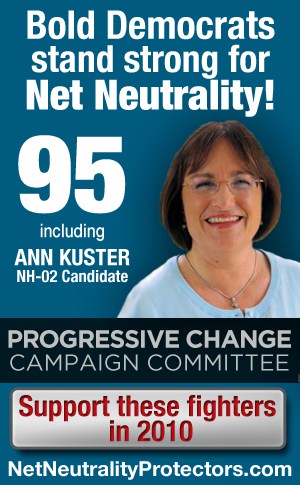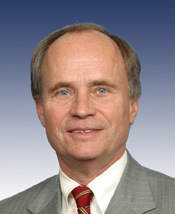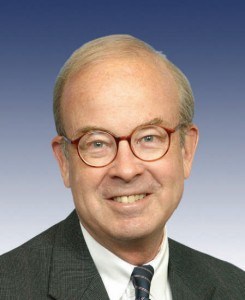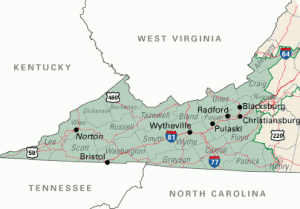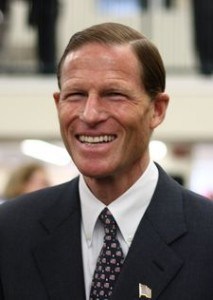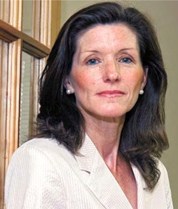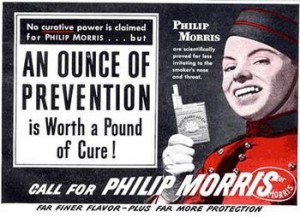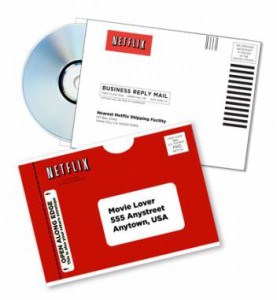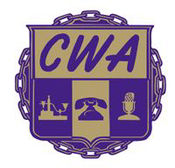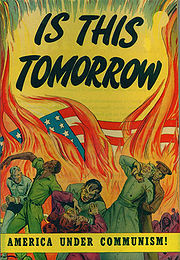Scott Cleland, a paid mouthpiece for the nation’s Big Telecom companies, claimed last week’s election results were a national referendum on Net Neutrality broadband reform, and Americans ran to the polls to defeat it.
“So the best available national proxy vote gauging political support for [that] vision of net neutrality lost unanimously 95-0,” Cleland said, referring to 95 Democratic candidates who pledged to “protect network neutrality,” all of whom lost.
Cleland, who chairs the cable and phone company-financed “Netcompetition.org” website, thinks Americans hurried to polls to deliver a message against broadband reform policies at a time when the country continues to face nearly 10 percent unemployment, tight credit, poor housing values, concerns about government spending, and a continued sour outlook things will improve anytime soon.
The Net Neutrality pledge came from the Progressive Change Campaign Committee (PCCC), a liberal group trying to elect like-minded legislators to office in a year that saw major losses for Democrats, especially in the House. The 95 signers were mostly candidates challenging open or Republican seats, often in conservative districts.
Take Ann Kuster, who sought office in New Hampshire’s conservative 2nd district. Won by Democrat Paul Hodes in the Democratic “wave election” of 2006, Hodes relinquished the long-standing Republican seat to run for Senate (and lost). His immediate predecessor, Charlie Bass, a “Republican Revolution” victor swept into office in 1994, held the seat for a dozen years. Bass ran to reclaim his old seat against newcomer Kuster, who faced considerable criticism in the Democratic primary for her lobbyist ties to Big Pharma. Despite Kuster’s alienation of the Democratic party base because of her prior career lobbying against drug pricing reform, she lost the election last week by just a single point.
One issue definitely not in contention in the 2010 election in New Hampshire’s Second District was… Net Neutrality. In fact, the last time the issue flared up in a significant way in western New Hampshire was in 2006, when Bass was criticized for his pro-telecom industry views opposing the broadband reform policy.
Bass did not even make Net Neutrality an issue this year. Even Kuster gave short shrift to the issue on her campaign website, putting her telecommunications policy views at the bottom of a list that emphasized jobs, the economy, foreign policy, and health care.
PCCC co-founder Adam Green noted Cleland’s political allies, including Bass, kept their mouths shut about the issue during this year’s elections.
“The only significant thing about Net Neutrality in 2010 is that 95 Democratic challengers felt confident enough to actively tell voters they support this pro-consumer position,” Green observed. “Zero candidates across the country felt confident enough to actively tell voters they opposed Net Neutrality for the obvious reason that opposing the free and open Internet would be a ridiculously stupid political move.”
Net Neutrality is still an obscure topic for many broadband users, unaware of its meaning or the implications of having net protections swept away by broadband providers intent on boosting profits.
One thing is certain — as a result of last week’s elections, Republicans in the House and Senate, who have almost universally opposed against Net Neutrality, will almost certainly be able to block legislative efforts to enact such reforms into law for the next two years.
Telecom-focused Heavyweight Faces Surprising Loss
In the House, the surprising loss of Rep. Rick Boucher (D-Va.) in last week’s election will have a major impact on telecommunications policies. Boucher, first elected in 1982, is a veteran of battles between consumer groups and big cable and phone companies. Boucher championed home satellite dish-owner rights at a time when major cable companies were attempting to lock down competition from 10-12 foot backyard satellite dishes. Boucher also fought for net privacy regulations, rural telecommunications services, and supported broadband expansion. His loss means uncertainty for telecommunications policy, as he gives up his leadership of the House Communications, Technology and the Internet Subcommittee.
“I was saddened to learn of the electoral loss of Representative Rick Boucher in the House,” Federal Communications Commission member Michael Copps said in a statement praising Boucher for nearly three decades of public service. “He has been an extraordinary public servant and a great leader across the whole gamut of telecommunications issues. His dedication to broadband, his leadership to reform Universal Service to make sure the wonders of advanced telecommunications are available to all our citizens, and his uncommon ability to bring contesting parties to the table to forge workable compromises are the stuff of legend.”
Boucher’s loss could have dramatically negative results on rural Americans with respect to telecommunications services. Boucher advocated heavily for the telecommunications challenges faced in rural areas like his own 9th District, located in western Virginia bordered by West Virginia, Kentucky, North Carolina, and Tennessee. Inside his district, broadband service has been challenging to provide in many areas. The city of Bristol decided to build its own broadband service, a fiber to the home network constructed by Bristol Virginia Utilities. The network has been so successful, the southern half of the city — actually located in Tennessee — is following Virginia’s lead. Boucher was a strong advocate for such community networks.
Boucher’s replacement is expected to be either Rep. Anna Eshoo (D-Calif.) or Ed Markey (D-Mass.), both of whom serve more urban districts.
But did Boucher go down because of his strong advocacy of Net Neutrality? Not even close. The Bristol Herald Courier reports just one issue was almost certainly responsible for Boucher’s loss: Cap and Trade, legislation that would regulate carbon dioxide by capping total emissions and allowing polluters to trade credits among themselves. Boucher favored the policy, his opponent opposed it.
Back to the Future Under GOP Leadership
Republican tech policy, potentially under the leadership of congressmen like Rep. Cliff Stearns (R-Florida), is expected to be “Back to the Future,” a return to a more hands-off policy advocated under the former Bush Administration.
The result will be a tech agenda legislatively frozen in place. Republicans will be unable to pass deregulation bills or block any surprise moves by the FCC to flex its regulatory muscles, thanks to Democrats in the White House and Senate. Democrats will be unable to enact any broadband reform policies because of “majority-rules”-roadblocks in the Republican-controlled House. The FCC, already frightened by Congressional dissent, may be less willing than ever to declare a firm position… on anything. That’s particularly likely with issues considered “hot buttons” on Capitol Hill.
Republicans may even seek to end spending on broadband expansion and other publicly funded projects, assuming there are any funds yet to be allocated. It is much easier to block annual re-authorizations than to cancel funding already appropriated.
New Consumer Champion Emerging in Senate from Connecticut?
One potential piece of good news for pro-consumer forces is the election of Sen. Richard Blumenthal, the former state attorney general. Blumenthal’s highly aggressive investigations into wrongdoing by technology firms are likely to continue in his new role as Connecticut’s newest Democratic senator. Blumenthal has taken aim at privacy violations at Google and prostitution advertising on Craigslist in the past, and his interest in telecommunications consumer protection could be a big help.
Politico reports Blumenthal could have a dramatic impact:
“I think the tech industry needs to be prepared for scrutiny from him,” said Kara Campbell, a GOP lobbyist for the Franklin Square Group. “He’s as much said it, and I don’t think it’ll just be technology. . .”
Blumenthal has been the public face of a more than 30-state probe of Google, launched after news broke that its Street View cars accidentally collected user information while mapping out U.S. areas. He has also assisted with investigations into Craigslist’s adult services section, Topix and the e-book industry.
A spokeswoman for the senator-elect’s campaign told POLITICO in early August that Blumenthal planned to bring his aggressive approach to tech to Washington. “As attorney general, he has always stood up for the people of our state, and in the Senate, he will do the same,” she said.
For issues like Net Neutrality, all eyes are turning back to FCC Chairman Julius Genachowski, perhaps the only man in Washington with the power to deliver a free and open Internet for at least the next two years. Will he act?


 Subscribe
Subscribe